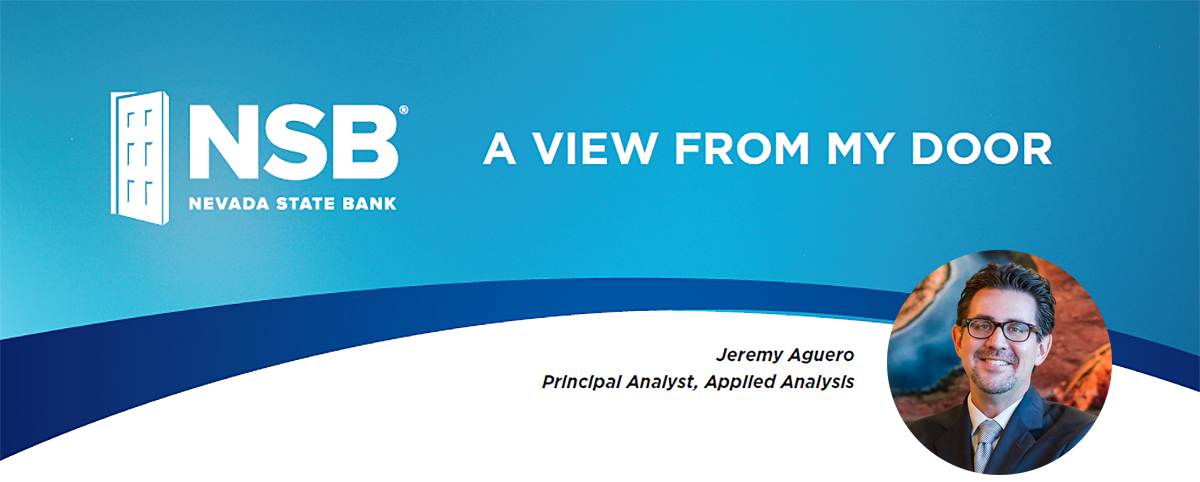
There’s a weird, exhausting pressure in our culture to constantly be “growing.” It’s become an unwritten commandment: your career, your portfolio, even your mindfulness practice, everything must relentlessly climb upward. Downtime, traditionally a refuge, now feels like another chore penciled into an app, tracking your sleep like a stock price that better not dip.
We’ve evolved into a world governed by Machismo Economics, a mindset insisting that if you’re not expanding, you’re shrinking; if you’re not moving forward, you’re sliding backward. This belief isn’t just misguided; it’s absurd. Life isn’t an endless ascent; it’s more like a rollercoaster where someone inevitably pukes, and you simply hope you’re not behind them.
Yet this relentless drive has morphed beyond mere personal ambition into a moral imperative, subtly teaching us that taking a break, or worse, experiencing a downturn, is somehow an ethical misstep. People fear economic recessions as though they’re abject failures of our businesses, consumers, or elected officials. They’re not. Recessions are inevitable parts of our economic reality, not signs that we’ve collectively dropped the ball.
Consider that since World War II, U.S. economic expansions averaged about 65 months, recessions only 11. Despite this predictable cycle, society still places relentless upward pressure on our individual lives, dismissing necessary pauses as catastrophic setbacks. We cling stubbornly to the illusion that constant ascent is both achievable and sustainable.
The irony is especially glaring when we look at leisure. Genuine downtime, once a chance to recharge without expectations, has become yet another domain invaded by optimization. Sleep, our fundamental restorative state, is now quantified as a performance metric. Hobbies, traditionally joyful escapes, demand measurable returns like mastering a skill, building a side hustle, or generating Insta-worthy content. Our curated social media feeds only amplify the anxiety, reinforcing the nagging fear that any idle moment is wasted opportunity.
The human toll of this relentless upward climb is profound. Burnout isn’t a badge of honor; it’s a breakdown, quietly costing businesses billions each year in lost productivity and healthcare expenses. During the Great Recession, depression rates surged by 50 percent in the United States, and historically, suicide rates spike sharply during economic downturns. We’re human beings, not machines. Hell, even the machines get scheduled maintenance.
History reveals a profound truth: downturns, though uncomfortable, often carry seeds of renewal and innovation. The Great Depression, devastating as it was, gave rise to crucial reforms like Social Security and fundamental banking regulations, creating a more resilient society. The Great Recession of 2007–2009 catalyzed innovation, fueling groundbreaking businesses like Uber and Airbnb. Hardship inspired creativity, fundamentally reshaping entire industries for the better.
Our greatest opportunities for lasting success—and I would respectfully argue, for the deepest personal fulfillment—aren’t found by chasing the next shiny peak, but by fully embracing and maximizing our current circumstances. Real growth isn’t endlessly getting bigger; it’s about becoming deeper, wiser, and more adaptable exactly where we are. Perhaps genuine fulfillment is less about discovering new landscapes and more about seeing familiar ones with fresh eyes.
Nature itself illustrates this wisdom, cycling through seasons of growth and dormancy. No tree feels shame in shedding leaves; no ecosystem panics during winter’s rest. Every valley carries seeds of renewal.
Ambition undoubtedly fuels progress, and I am an unapologetic capitalist, but this doesn’t mean I cannot appreciate the advantage of quiet reflection over ceaseless movement. This FOMO-induced psychosis has seemingly caused us to view rest, retreat, or even setbacks as weaknesses. They are, in fact, essential foundations upon which sustainable success is built.
Maybe it’s time we stopped treating life like an endless corporate earnings call, panicking over every downturn as if someone’s about to can the CEO. Real success doesn’t come from chasing perpetual highs. It’s found in the scrappy art of thriving wherever we happen to land, whether that’s on a peak, in a valley, or occasionally face-down in the dirt. After all, rollercoasters are memorable precisely because of the dips, loops, and occasional nausea—not in spite of them.


